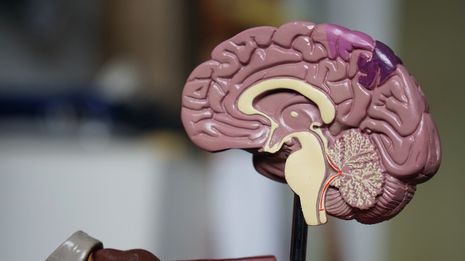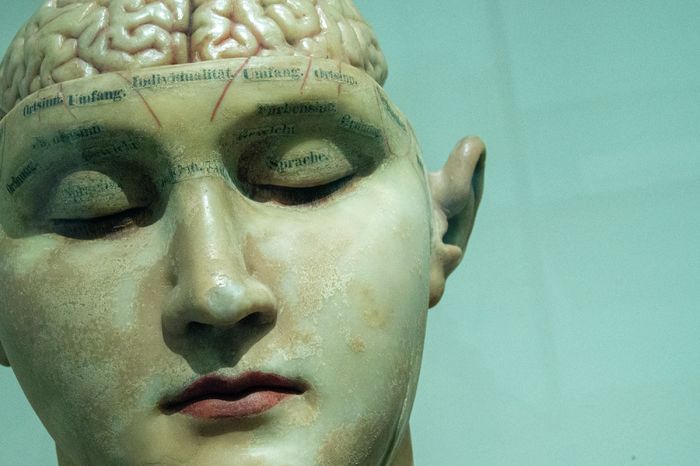Dementia signs detected nine years before diagnosis
New hope that early diagnoses could help with preventing the disease

Dementia-related diseases such as Alzheimer’s are usually only detected when it is already too late to alter their outcome. Yet a team of Cambridge scientists have shown it may be possible to detect signs of brain impairment years before diagnosis.
This promising research suggests that patients could be selected for interventions early enough to reduce their risk of developing one of the conditions. Also, patients could be identified for clinical trials for new treatments to alter the course of neurodegeneration.
The research team analysed data from the UK Biobank, a biomedical database that contains half a million UK participants' anonymised genetic, lifestyle and health information. They looked at test results including problem solving, memory and reaction times, as well as weight loss or gain and the number of falls. This allowed the team to investigate whether there were any signs of brain function changes in the years prior to the diagnosis.
Before the research, there was little evidence of brain impairment before the onset of diagnosable symptoms. However, the research found that those who later developed Alzheimer’s disease scored more poorly than healthy adults for cognitive tasks. The same was also found for people who went on to develop a rare form of dementia called frontotemporal dementia.
Those who went on to develop Alzheimer’s had a higher probability of having had a fall in the previous 12 months than healthy individuals. Patients who later developed the rare neurological condition of progressive supranuclear palsy, known to affect balance, were more than twice as likely as healthy people to have had a fall.
Every single condition studied, including Parkinson’s disease, had patients reporting poorer overall health years before their diagnosis. The first author Nol Swaddiwudhipong, a junior doctor at the University of Cambridge, said of the study “This is a step towards us being able to screen people who are at greatest risk.” He claimed this may allow doctors to “intervene at an earlier stage to help them reduce their risk.”
But should anyone with decreased reaction times or memory be concerned? Dr Timothy Rittman, a senior author and clinical research fellow in the Department of Clinical Neurosciences at the University of Cambridge added: “People should not be unduly worried if, for example, they are not good at recalling numbers. Even some healthy individuals will naturally score better or worse than their peers.” But he also stressed “we would encourage anyone who has any concerns or notices that their memory or recall is getting worse to speak to their GP.”
This research opens up new possibilities for future cures and prevention for neurological conditions, but also stresses a key point. We must remain vigilant when checking friends and family for signs of health deterioration, as it could point towards underlying conditions.
 News / Colleges charge different rents for the same Castle Street accommodation2 March 2026
News / Colleges charge different rents for the same Castle Street accommodation2 March 2026 News / News in Brief: waterworks, wine woes, and workplace wins 1 March 2026
News / News in Brief: waterworks, wine woes, and workplace wins 1 March 2026 News / Climate activists protest for ‘ethical careers policy’1 March 2026
News / Climate activists protest for ‘ethical careers policy’1 March 2026 News / Angela Merkel among Cambridge honorary degree nominees27 February 2026
News / Angela Merkel among Cambridge honorary degree nominees27 February 2026 News / Private school teacher who lied about Cambridge degree barred from teaching27 February 2026
News / Private school teacher who lied about Cambridge degree barred from teaching27 February 2026









